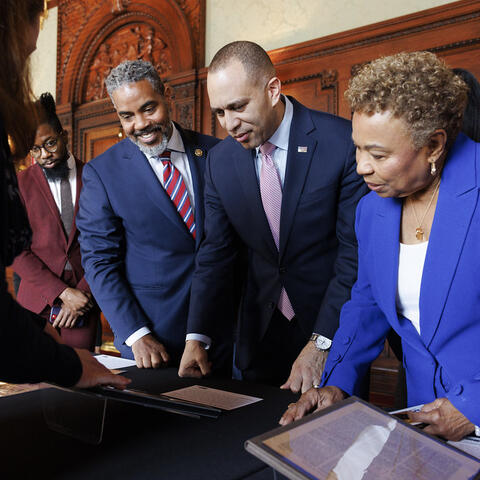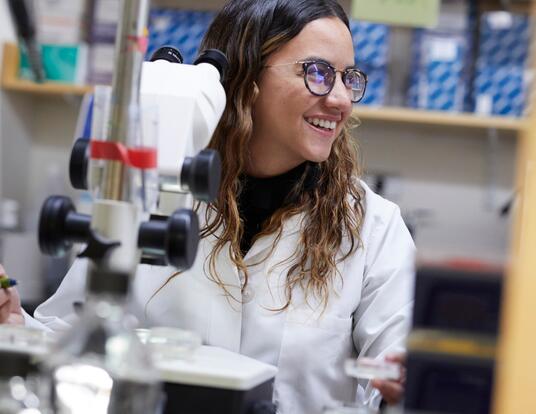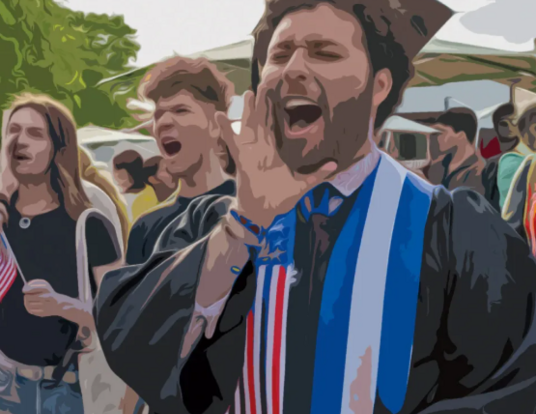Performing Latinx
Christofer Rodelo, PhD ’22
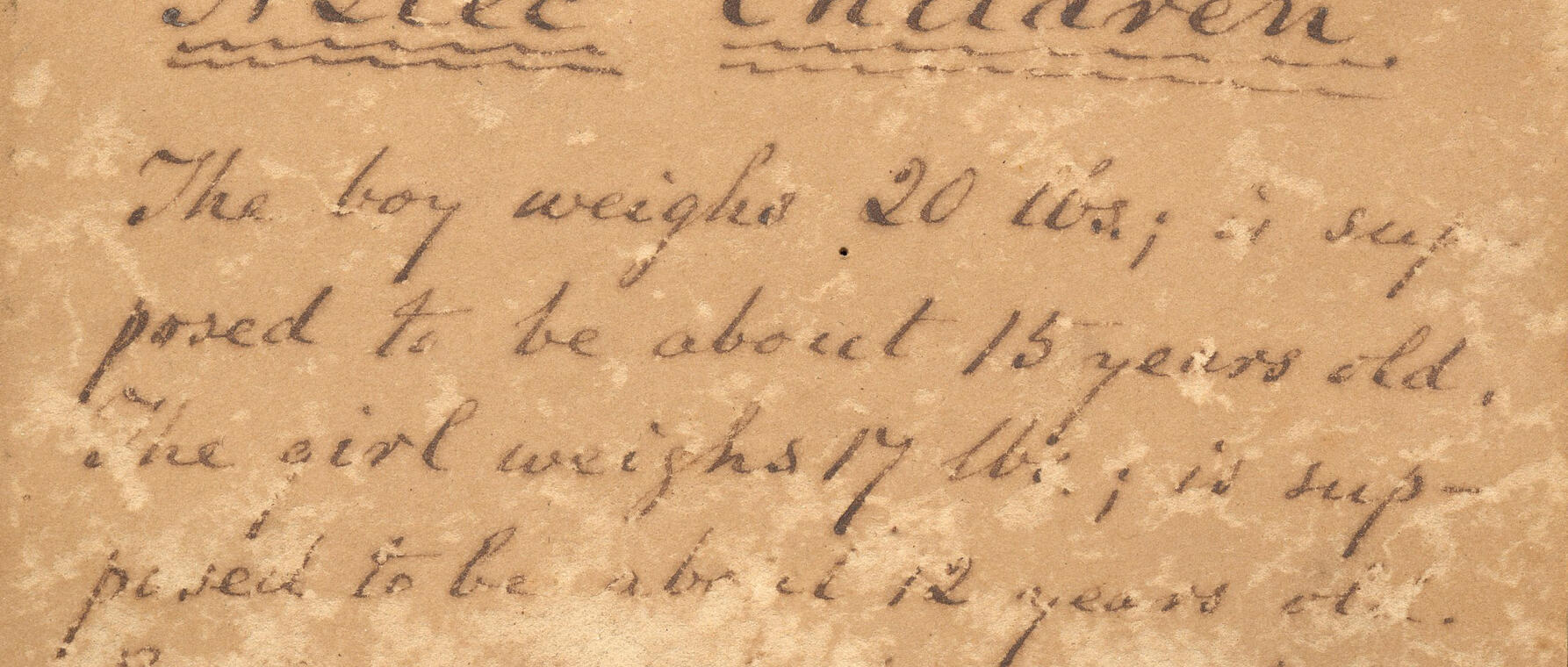
Christofer Rodelo is an assistant professor of Chicano/Latino studies at the University of California, Irvine who uses they/them pronouns. They discuss their work on the role of performance in building Latinx identity in the United States, their journey from public school student to professor, and how the resources of Harvard’s archives made their PhD work possible.
Staging Identity
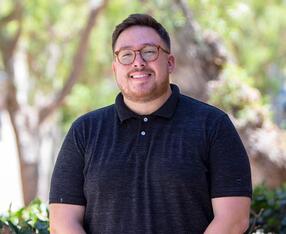
My work is animated by two big questions: first, how do Latinx folks start to be understood as a group within the American racial hierarchy while encompassing so many nationalities and histories; and second, what is the role of performance, culture, and representation in dictating how Latinxs are understood racially? I focus on the nineteenth century because it was a time when the American empire was expanding rapidly into Latin America and the Caribbean, and the idea of what a Latinx person was or could be was just taking form. I make the case that performance and theater during this period are crucial to how we understand Latinx identity today.
During the nineteenth century, performance culture was incredibly transnational, and works about Latinxs were no exception. Latinx performers and groups often traveled from Latin America to the United States and also to places in Europe. Many were involved in performances that were spectacles of their perceived identity. One particular duo of Latinx performers, the Salvadoran siblings Maximo and Bartola, became popular during this period due to their billing as “Aztec Children,” a fantastical representation of a lost Indigenous people. During their decades-long career, they toured the United States and the United Kingdom where they even met Queen Victoria. People constantly wanted to know whether their claims of Aztec heritage were true. Of course, they weren’t—the Aztecs were based in modern-day Mexico.
In my work, I try to find the perspective of the duo on their performance, and how the conception of them as Aztecs came about. How did they feel about being put on display? Where did this idea come from that indigenous people from Central America were all Aztecs? It’s still unclear, but the narratives that these performers sell to the public become ingrained in the American imagination of what Latinx identity is supposed to be.
Coming Back to Class
I am a product of the California public school system. I think one of the most important things I did in high school was the Pomona College Academy for Youth Success, a summer enrichment for first-generation college students of color from working-class backgrounds. I lived in the dorms and took classes that prepared me for applying to competitive colleges and universities. Importantly, I was exposed to the possibilities of a liberal arts education. From there, I was empowered to apply to schools like Yale, where I went to college. When I finished, I applied to graduate school and decided to enroll at Harvard.
Here, I went through the archives and found a gap in the scholarship between Latinx studies and performance studies. I started to ask questions about theater and identity. Because it’s an interdisciplinary field, the American Studies program allowed flexibility that I appreciated in my research.
Working at a Hispanic-serving institution like UC Irvine is a much different experience from my time at Yale and Harvard. My classes are a mix of small seminars and lectures with over a hundred students. Many of my students are Latinx and come from socioeconomic backgrounds similar to my own. A number are undocumented. I am amazed at how capable and curious they are about topics in Chicano/Latino Studies. I enjoy enabling them to bring their own personal experiences to class and contextualize them in different ways.
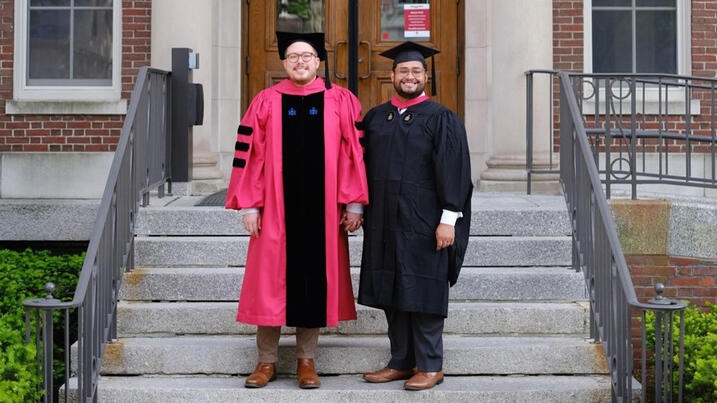
Archives and American Studies
There were so many serendipitous moments during my work in Harvard’s archives. It’s where I found that duo of Latinx performers who inspired my work. I did much of my research in the Harvard Theatre Collection, and the photographs, documents, and ephemera they had were really the genesis of my dissertation.
Getting a PhD in the American studies program was a unique experience. It’s one of the few PhD-only programs, and it’s relatively small compared to others at Harvard. The program fostered a good sense of structure and community. There was a diversity of people and scholarships that made it an exciting place to do doctoral work. I made good connections with people in my cohort and my program. I’m grateful to Harvard for being a gathering place for those who care about scholarships.
Get the Latest Updates
Join Our Newsletter
Subscribe to Colloquy Podcast
Simplecast


